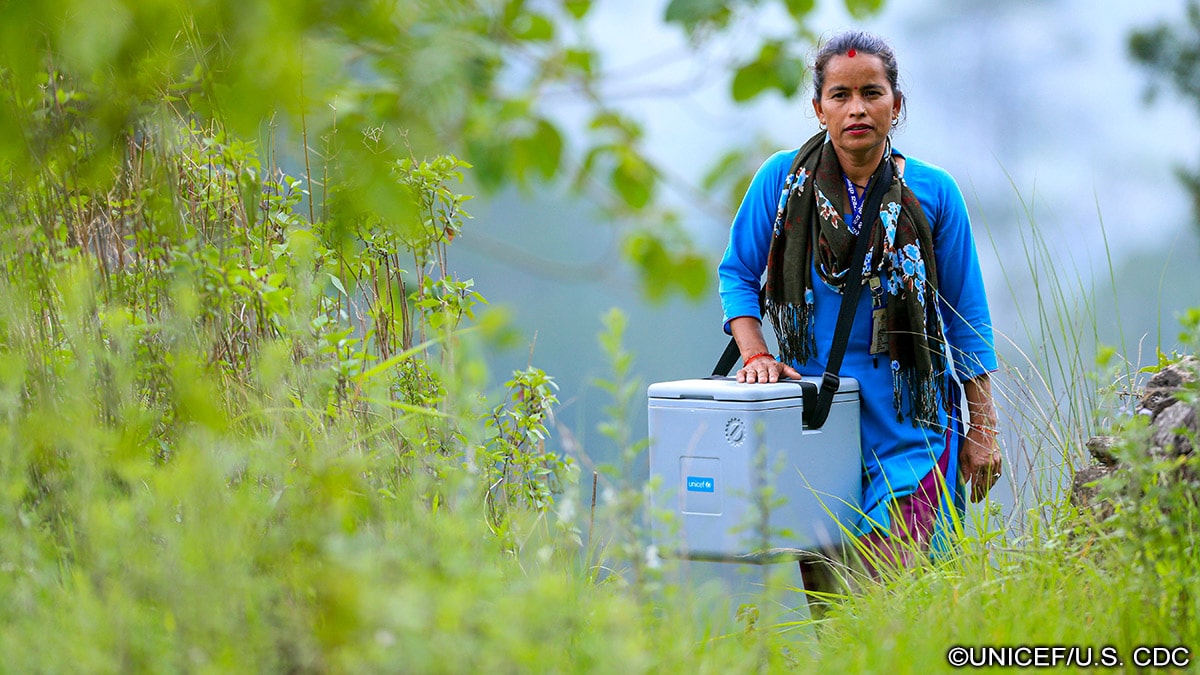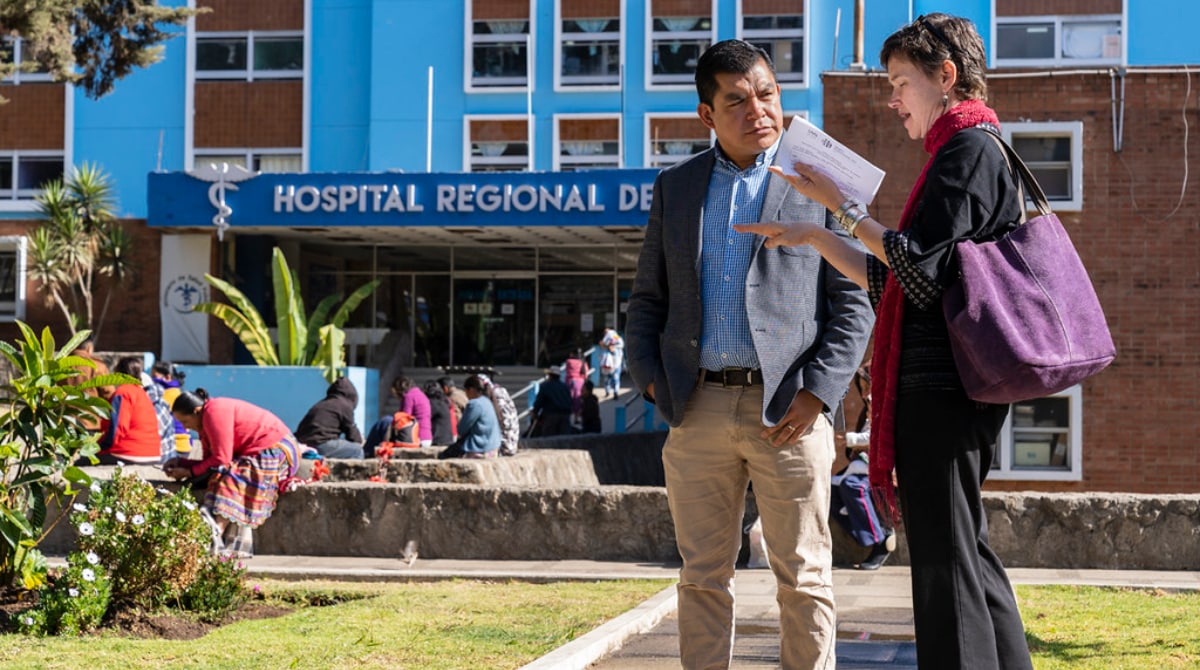Key points
CDC aspires to create a world where people in the United States and around the globe live healthier, safer, and longer lives. CDC is the lead U.S. government agency for public health and infectious disease outbreak preparedness and response activities.

Our mission
Protect people in the United States and around the world by preventing, detecting, and responding to disease threats—anytime and anywhere.
Focus
As the lead U.S. government agency dedicated to the health and safety of the American people—and the lead technical global public health agency for the U.S.—CDC works 24/7 worldwide to reduce morbidity and mortality and safeguard communities by addressing global health threats.
Goals
The Global Health Center (GHC) works alongside other CDC centers to implement our agency’s global health mission by:
- Stopping health threats at their source before they spread to the United States and other countries
- Containing disruptive global disease outbreaks
- Using global data for disease prevention and mitigation programs in the United States and other countries
- Saving lives and improving health globally
Why it's important
Global health security is national security
GHC’s scientific and programmatic subject matter expertise is crucial to achieving CDC’s mission to protect Americans. Thanks to our extensive global presence and decades-long, government-to-government partnerships, CDC’s global staff often receive the first call from host country governments and learn about outbreaks earliest. The earlier a disease threat is known, the sooner our response can begin to prevent spread to the United States and other countries.
GHC’s deep and long-term commitment to global health impact has saved millions of lives. The goal of CDC's global health work is to improve health outcomes and strengthen global health security by building the capacity of partner countries to detect diseases and stop health threats.
How we do it
We provide unique, critical expertise that no other agency provides.
CDC's global programs address hundreds of diseases, health threats, and conditions that are major causes of death, disease, and disability—building upon our domestic public health program expertise and knowledge of these diseases to help protect the U.S. from major health threats, wherever they arise.
GHC is a key leader in implementing flagship global public health programs such as the U.S. President’s Emergency Plan for AIDS Relief (PEPFAR), the Global Polio Eradication Initiative (GPEI), and the Global Health Security Agenda (GHSA). The capabilities, platforms, and relationships we have built are ready to adapt when new threats occur.
Core public health capabilities further our mission
- Data and surveillance: We ensure countries can collect, analyze, visualize, use, and share high quality data on any disease or condition that impacts health.
- Laboratory: We train skilled workers, improve diagnostics and specimen transport systems, and increase biosafety and biosecurity to ensure pathogens can be quickly and accurately identified.
- Workforce and institutions: We bolster the epidemiology, clinical, and laboratory workforce needed for today's and tomorrow's threats and support the institutions that house this expertise.
- Prevention and response: We ensure people have access to immunizations and non-pharmaceutical interventions to stay healthy. We also ensure countries have essential response systems to act fast in any crisis.
- Research and innovation: We uncover who is getting sick, where, and why. We also develop new diagnostics and analysis methods that strengthen public health for generations to come.
- Policy, communication, and diplomacy: We translate data into action and deliver the right information at the right time. We increase trusted partnerships and diplomatic relationships that drive global health success.
Leveraging decades of global partnerships
Though CDC has more than 75 years of public health excellence—and a record of trailblazing science and evidence-based decision-making—we cannot do this alone. Today’s global health challenges require collaboration and coordination with a wide variety of partners to advance CDC’s work in protecting Americans and saving lives around the world.
Together, CDC and partners are able to accomplish more than any one organization or institution can on its own. By leveraging CDC's longstanding relationships and the agency's unique scientific and technical capacities, GHC works closely with ministries of health and other partners to implement programs and tackle profound health threats. CDC partners include:
- Foreign governments and ministries of health
- Other U.S. government agencies
- International organizations
- Academic institutions
- Foundations
- Non-governmental organizations
- Faith-based organizations
- Businesses and other private organizations
Director

Dr. Armstrong currently serves as the acting director for the Global Health Center, which leads CDC’s global efforts to protect and improve health for the American people and others around the world through science and public health action.



